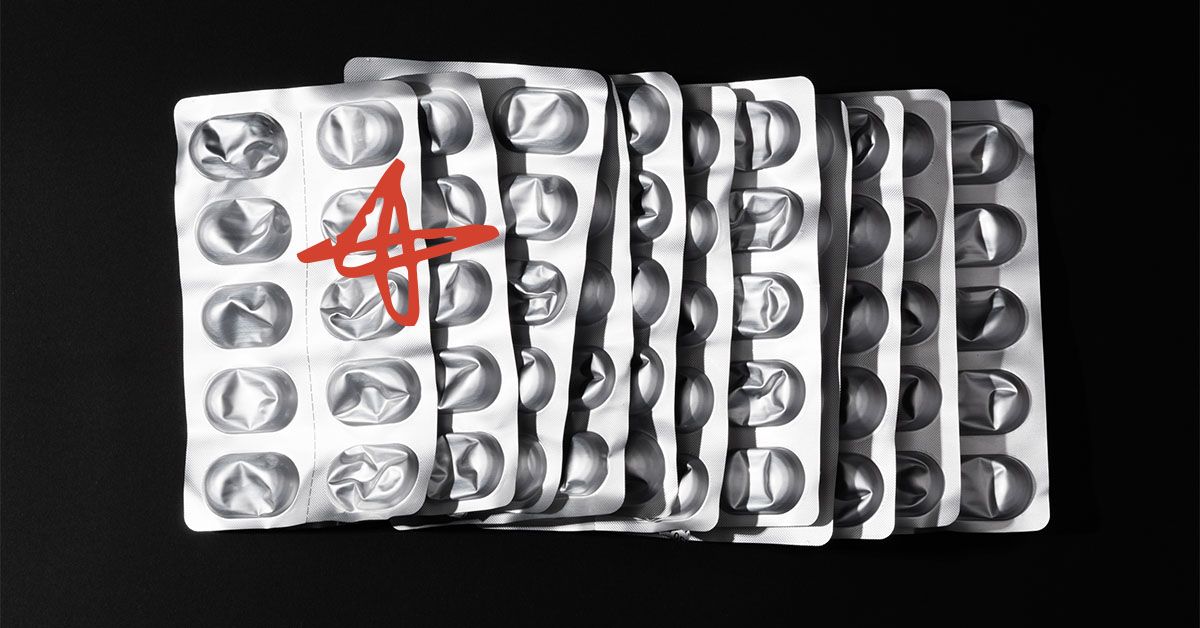Statin medications are primarily used to help lower cholesterol levels, but researchers are exploring other potential uses for these drugs. Chronic inflammation is a risk factor for certain types of cancer, such as pancreatic cancer. A recent study found that the statin pitavastatin may help block a specific protein’s action, preventing chronic inflammation and potentially reducing the risk of inflammatory-related cancers, including pancreatic cancer.
Cancer prevention is a significant area of research, and experts are investigating various factors that may contribute to cancer development. Chronic inflammation in certain areas of the body is thought to be one of these risk factors. A recent study published in Nature Communications examined pathways related to chronic inflammation and cancer development. The researchers discovered that pitavastatin could potentially suppress chronic inflammation and prevent pancreatic cancer when taken preventatively.
Statin medications are typically prescribed to lower cholesterol levels in individuals with high levels of “bad” cholesterol. Lifestyle changes, such as reducing saturated fat intake and increasing physical activity, can also help maintain healthy cholesterol levels. Dr. Robert Salazar, a cardiologist, explained that statins are usually prescribed when an individual’s risk of heart disease is high, or their blood cholesterol levels are elevated. Monitoring cholesterol levels ensures that the statin medication is effective.
Chronic inflammation is closely linked to cancer development, with certain inflammatory conditions increasing the risk of cancer. For example, chronic pancreatitis can raise the risk of pancreatic cancer. In the study, researchers identified a specific protein, interleukin 33 (IL-33), that plays a role in initiating cancer-prone chronic inflammation. They discovered that using pitavastatin could block IL-33 expression, potentially reducing the risk of pancreatic cancer development.
The research involved studies on mice, human tissue samples, and cell lines to explore the relationship between chronic inflammation and cancer development. They found that induced inflammation led to increased IL-33 expression and identified specific signaling pathways involved in this process. Pitavastatin was tested and found to block IL-33 expression, potentially preventing chronic pancreatitis and pancreatic cancer.
The study’s findings point to the potential use of statins in cancer prevention, independent of their cholesterol-lowering effects. Further research is needed to confirm these findings and determine their applicability to humans. Clinical trials are necessary to directly examine the efficacy of statins in preventing cancer in patients with chronic inflammation, such as those with ulcerative colitis or hepatitis. If future research confirms the benefits of statins in cancer prevention, it could have significant impacts on clinical practice and potentially reduce the risk of developing deadly cancers like pancreatic cancer.










